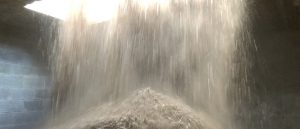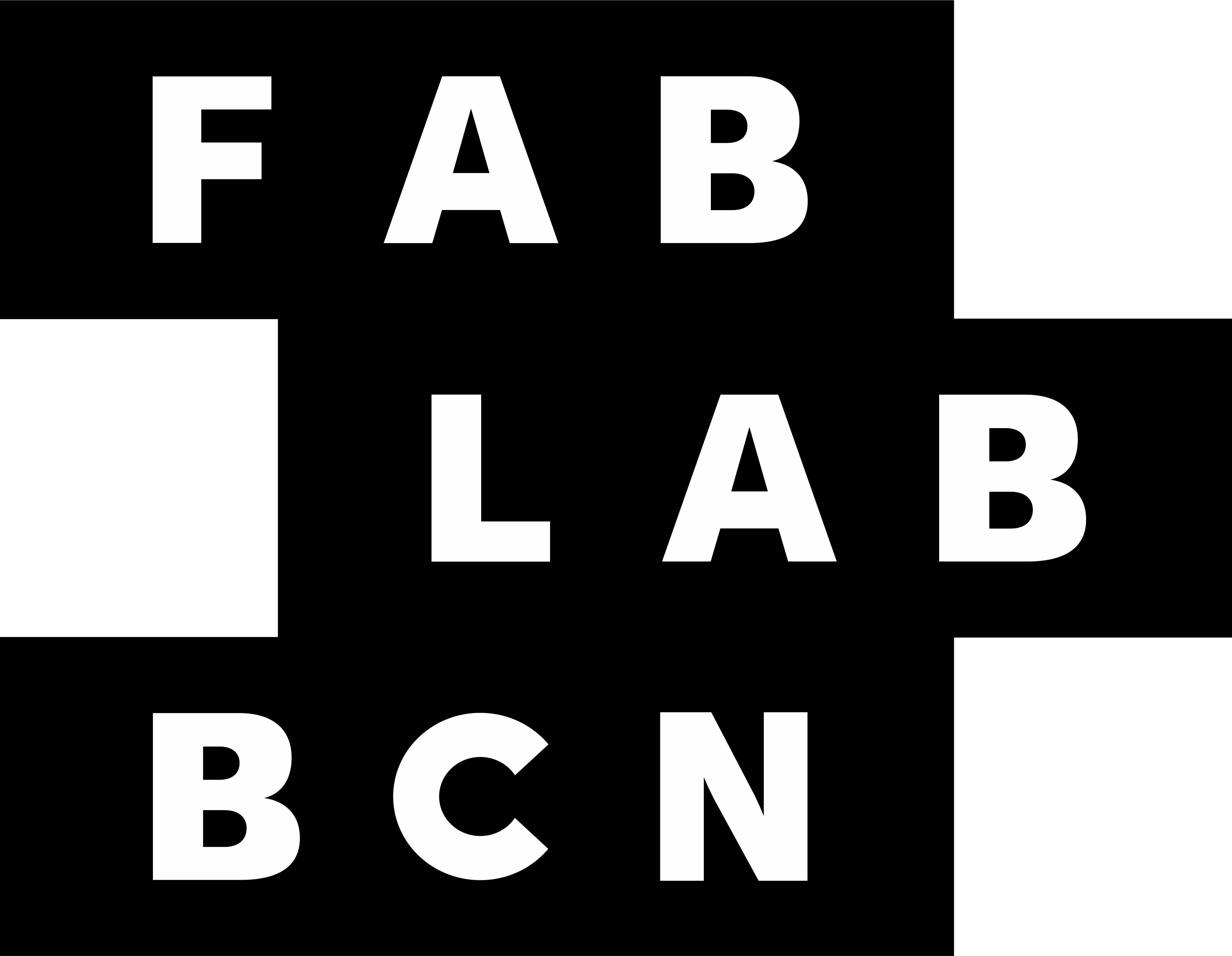Valldaura has a group of laboratories researching into self-sufficiency that aims to be self-sufficient in the next few years. The group comprises three laboratories: Food Lab, Energy Lab and the Green FabLab which produce the three things we need to be self-sufficient: food, energy and many of the things essential to the good life, combining the age-old ancestral knowledge that connects us to nature with the latest advanced technology.
The laboratories are geared to investigating the processes involved in the production of energy, food and things locally, using the resources of the immediate environment, and developing technologies and knowledge that can be employed in the construction of a new global human habitat.
Green FabLab
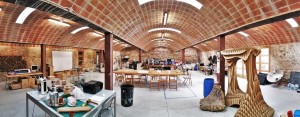
One of our lines of research is centred on the development of new materials from natural ingredients such as wood, earth or minerals for building, to make bricks, glass and resins using simple ancestral technologies and modern high-tech processes.
At Valldaura we can carry out the complete cycle of matter transformation, from a sustainably managed tree in the forest which gives us wood that is dried, designed, and cut on machines running on renewable energy to produce furniture and structural elements.
The laboratory has several traditional bòvila brickyard kilns of the type traditionally found on large rural estates in Catalonia; at Valldaura the brickyard was located in what is now the restaurant area.
FoodLab
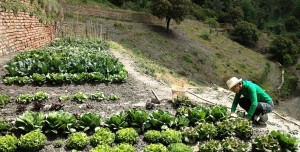
In the field of food management we are associated with the international Slow Food organization, whose headquarters are in Italy, and with its partner universities. We are creating a Bio-gastronomy School with top-class chefs who follow the principles of organic production and the zero-mile diet. We close the cycle of food production all the way to human consumption and the subsequent production of energy and new nutrients for the soil, researching technologies for both large- and small-scale food production.
There will be parallel benefits in waste management, effectively closing the circle of nutrient management by way of a transformation process with implications for energy and the economy.
EnergyLab
Valldaura’s goal is to become energy self-sufficient in the coming years and to learn how to operate the self-sufficient buildings of the future. In order to self-supply heating water, a biomass plant has been set up.
It burns wood chips and therefore transforms the material into energy. We are moving Fab Labs to produce clean energy.We are moving from 3D printers to de-3D burners.The architects must learn that clean energy is part of the ecological design of the buildings and cities of the future, because the greatest challenge for humanity is the fight against climate change and the use of non-renewable fossil fuels.
For this reason Valldaura works with the integral management of the cycle of the biomass from the foresty management, and with projects like the EneGrid and its actualization through the block-chain of the energy .
EnergyLab
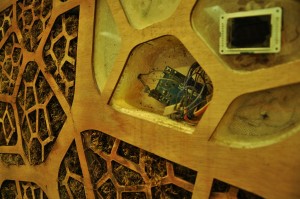
At Valldaura we are also developing the HydroGrid project in order to ensure efficient water management, based on the principle of having five different tanks to allow the most appropriate kind of water to be used for each purpose. Clean water, roof rainwater, surface runoff from the plazas, greywater and sewage are recycled for maximum water saving.
Valldaura is also developing the Global Traceability of Matter project, in order to extend our awareness of all the materials and transformation processes involved in the production of any object, including residues and re-use.


